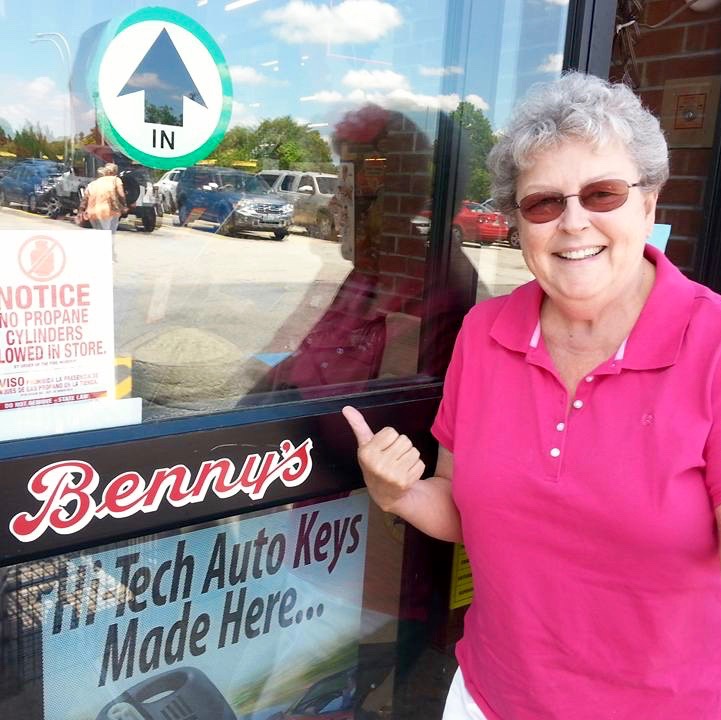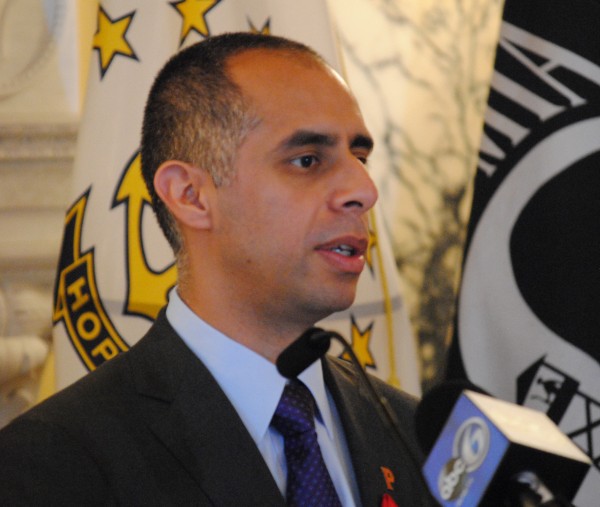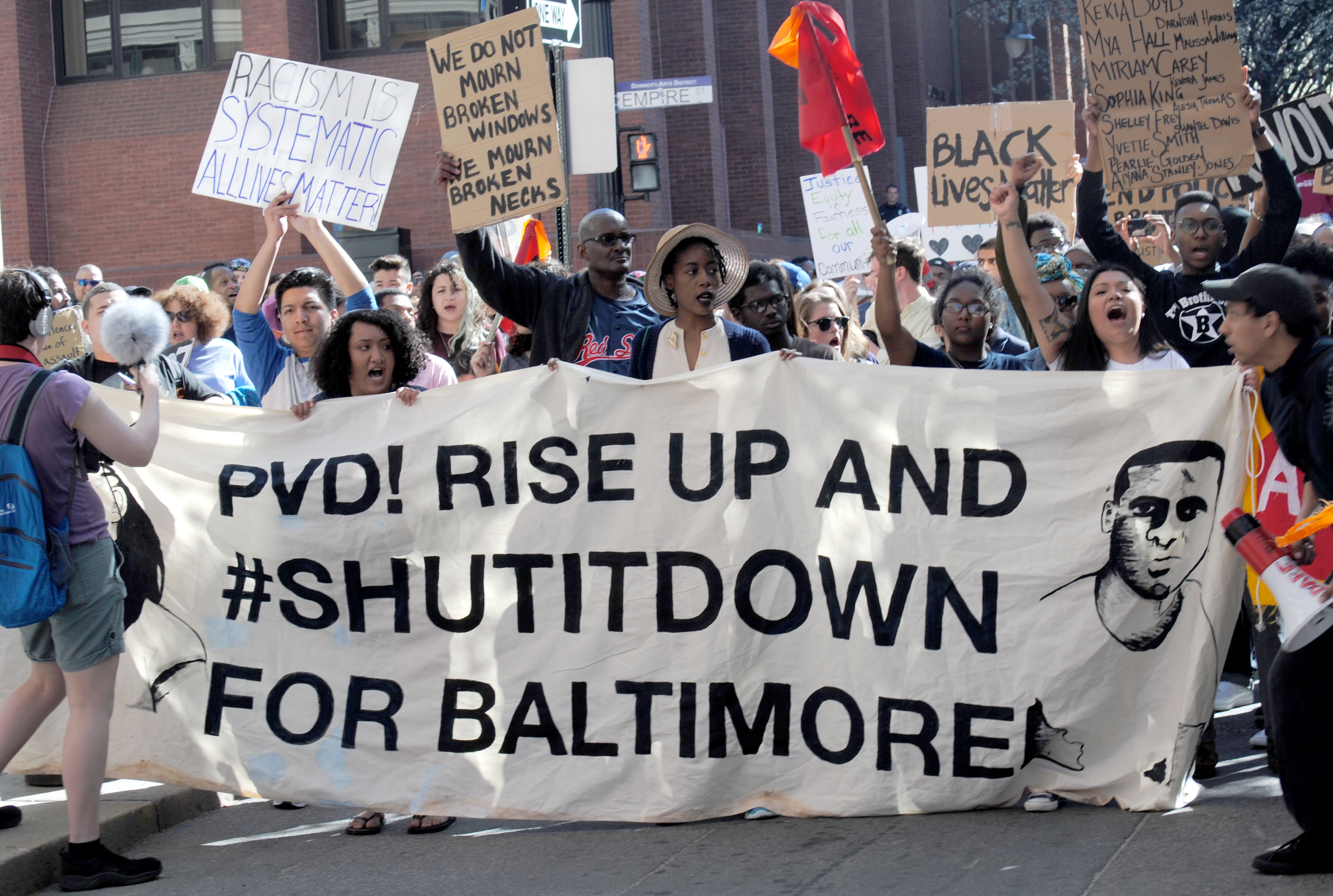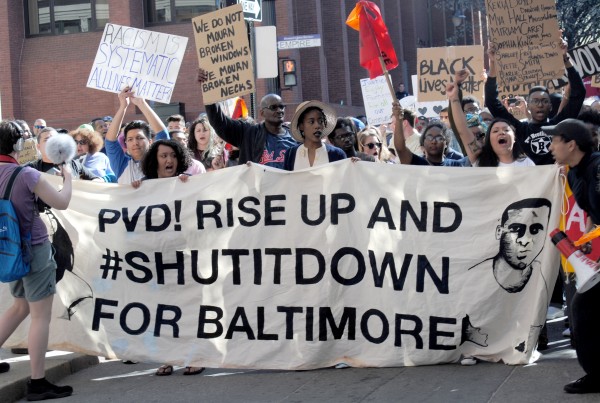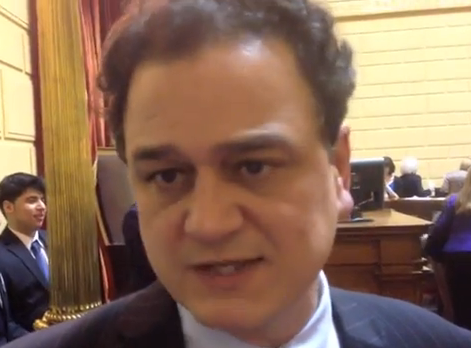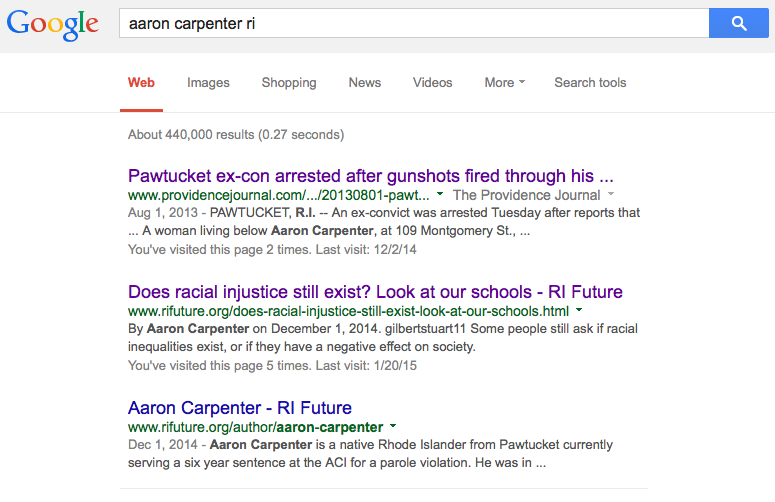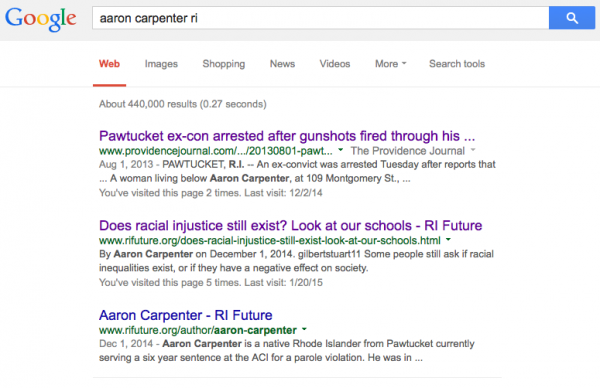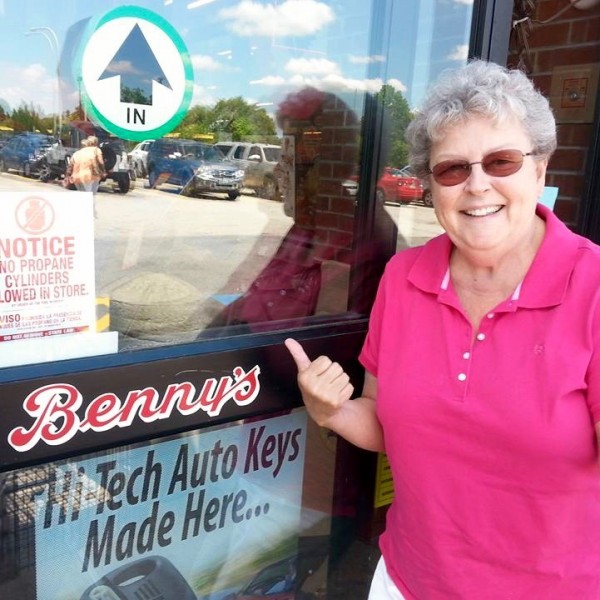
Last week, GoLocalProvidence published an article provocatively entitled: “New Benny’s Ad Features Convicted Murderer”. A more appropriate title would have been “New Benny’s Ad Features Criminal Justice Success Story”. Or “New Benny’s Ad Illustrates the Potential of Nonviolence”.
The controversy about the ad centered on the presence of Sal Montiero Jr., one of a dozen or so Rhode Islanders in the video. Montiero did a relatively long bid at the state prison for second degree murder. Many have objected to his appearance in the ad because of that record.
I teach college courses at the state prison, and I have students like Sal who spend their time while incarcerated getting an education, improving their self-understanding, and trying to equip themselves to be more effective and compassionate human beings once they are released into society. They are there because they have made mistakes, but almost without exception, the students that I have taught in the prison work very hard to become better versions of themselves.
This is no small task, even for those of us who are not incarcerated. It takes courage to face and atone for our mistakes, especially very serious ones that deeply affect the lives of others. Self-improvement is challenging, and getting an education is a long road.
Montiero, by all accounts, is an example of how we want our justice system to work, and an example of someone stepping into his full potential when given a second chance. He was released from prison, is holding down a job, and importantly, that job is teaching nonviolence through the Institute for the Study and Practice of Nonviolence. He is trying to help others avoid making the mistake that he made, and teaching a practice that will benefit everyone. This is important work that our community needs desperately. He took the consequences mandated by the legal system, took advantages of the opportunities for self-improvement within the prison, and has been participating positively in the world since his release.
If our goal is to ultimately have safer, healthier communities that benefit everyone, then we would do well to celebrate, rather than shame, the success stories. Congratulations, Sal. Benny’s, I applaud your inclusivity. You have my business.

